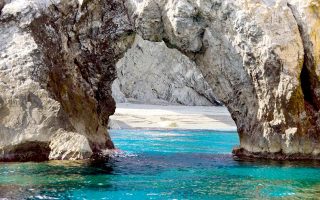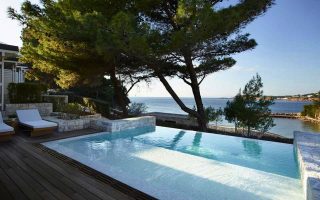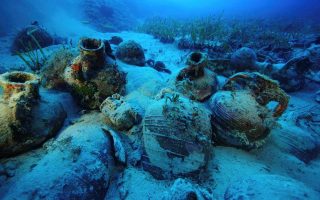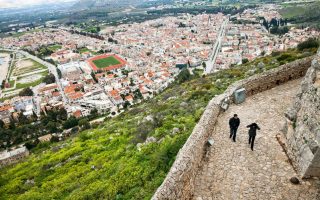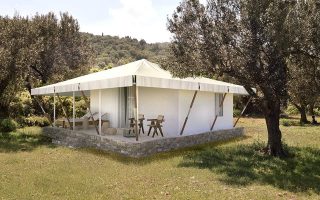Greece boosts its tourism brand
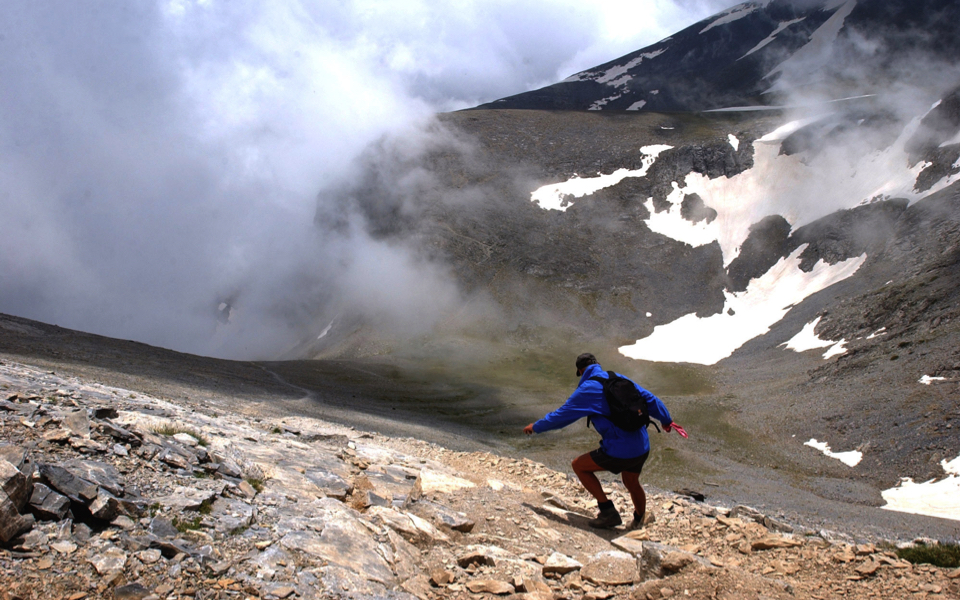
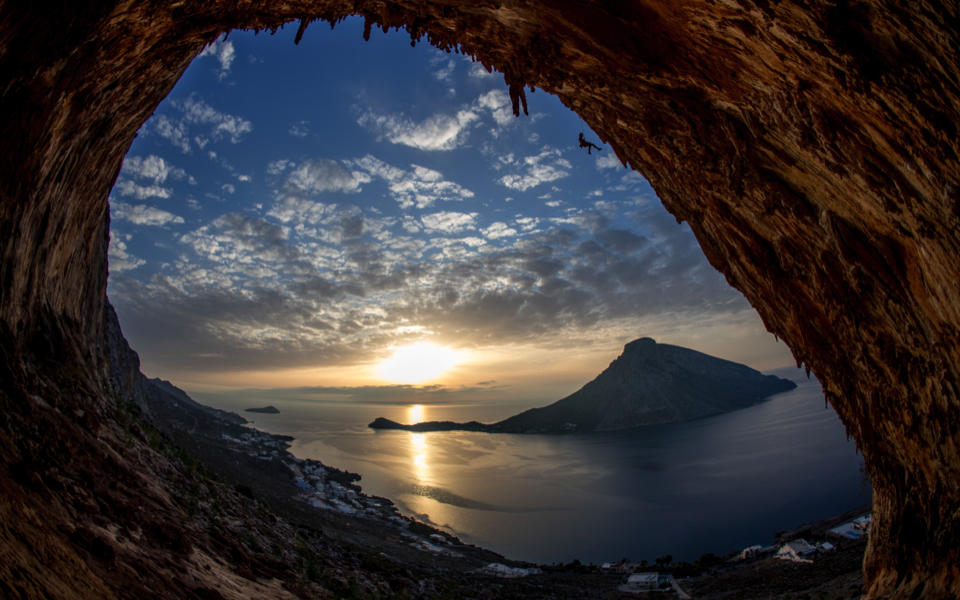
Diving around Patmos, climbing on Kalymnos, rafting on the Arachthos River, windsurfing off Paros, walking through mastic groves on Chios. An increasing number of international travelers are ditching their all-inclusive bracelets in search of fresh and more authentic experiences, and for those looking for something different, the possibilities in Greece are endless.
New types of holidays are on offer under the catch-all “alternative tourism” – ranging from sports, cultural and religious tourism to agritourism, medical tourism, rural tourism and more.
Greece is expanding its tourism identity. On top of styling itself as the ideal destination for the sun-and-sea experience, this friendly country offers countless options to explore areas of natural beauty, walk in the footsteps of the ancients and embark on other adventures. Meanwhile, the country has decent infrastructure, competitive prices and a great climate, while it consistently ranks high in lists of the safest global travel destinations.
A selection of Greece’s alternative tourism offerings have just been showcased in The Hague. The Greek National Tourism Organization (GNTO) is currently promoting Greece as a year-round tourism destination, and alternative travelers from the Netherlands represent an important market.
“This is the type of traveler who will spend holiday time discovering the country’s authentic side and experiencing unique moments that combine exercise, a healthy lifestyle and love for nature,” said Eleni Skarveli, GNTO head for the Benelux countries.
The 1st Greek Alternative Tourism Workshop was aimed at Greek private companies and public sector organizations that want to establish or strengthen their presence in global growth markets by promoting their alternative tourism-related products and services.
The Greek delegates met up for a few hours with Dutch travel agents and tour operators in B2B meetings. The event also addressed representatives of the media, thus enabling the GNTO to advertise the country’s diverse tourism product to the Dutch market.
Despoina Ouzouni, marketing director of Tourism Today, the company which organized the event in collaboration with GNTO Benelux and The Hellenic-Dutch Association of Commerce and Industry (HEDA), told Kathimerini why the Netherlands was picked as the host country.
She explained that Greece saw a record 924,434 arrivals from the Netherlands in 2018, a 18.9 percent increase compared to the previous year.
Meanwhile, 82 percent of the Dutch population took foreign holidays in 2017, an average on 2.82 trips per person. “It is worth noting that [on average] the Dutch choose alternative forms of tourism twice a year. In addition, the fact that the country offers direct flights to destinations around Greece throughout the year is a strong incentive for them,” she said.
Ouzouni added that Dutch visitors tend to be disciplined with their money. “They love nature and adventure. They are fond of cultural events. After their first visit, when they mostly enjoy the sun and the sea, [the Dutch tend to] return to explore local communities and taste local products,” she said.
About one third of Dutch tourists in Greece are repeat visitors. “Their original motive may have been to take part in some kind of activity. However, when they meet [Greeks during their travels], they form an emotional bond – that’s what alternative tourism is all about: people,” she said.
Ouzouni believes that for the average Greek entrepreneur, there is simply no alternative to tapping into the alternative tourism market. “If we succeed in reaching out to people like the Dutch, we will experience huge growth,” she said.
Ahead of the workshop, organizers contacted a wide range of enterprising people across Greece – from Samothrace and Mesolongi to Agrinio and Kos. “Either individually or representing tourism professionals, [these people] are passionate about promoting their country,” Ouzouni said.
“Sadly, we heard local town officials saying to us, ‘It’s a pity, we would love to attend, but we just don’t have any English-speaking staff to represent us.’”
